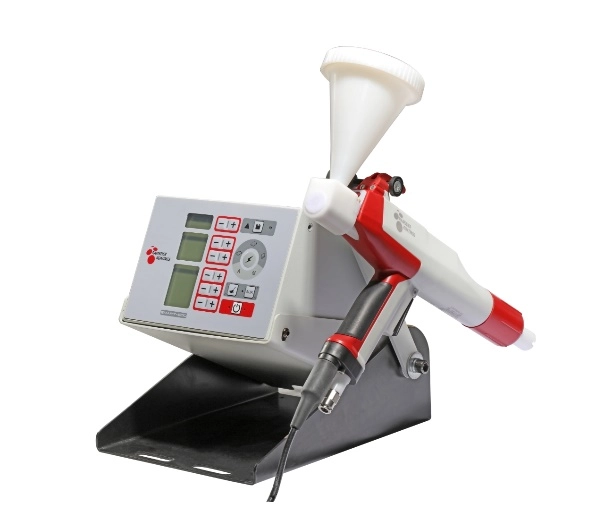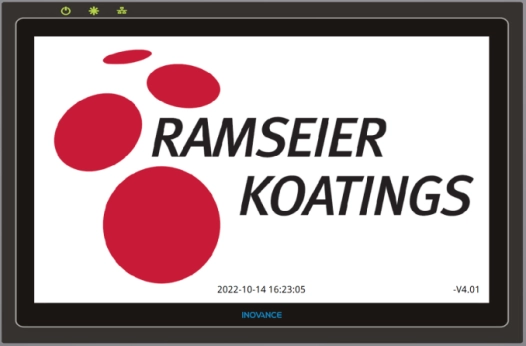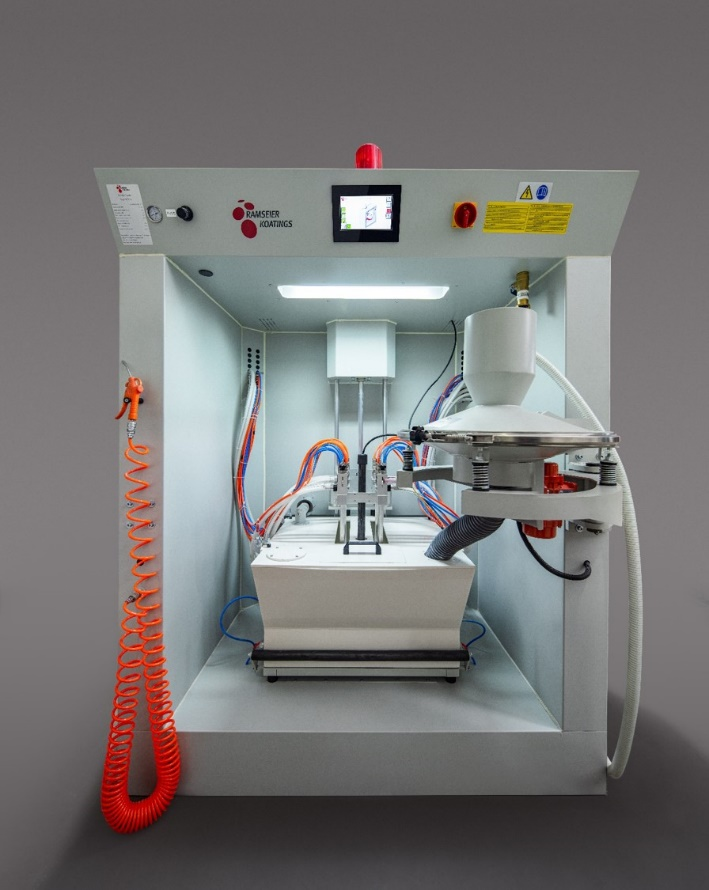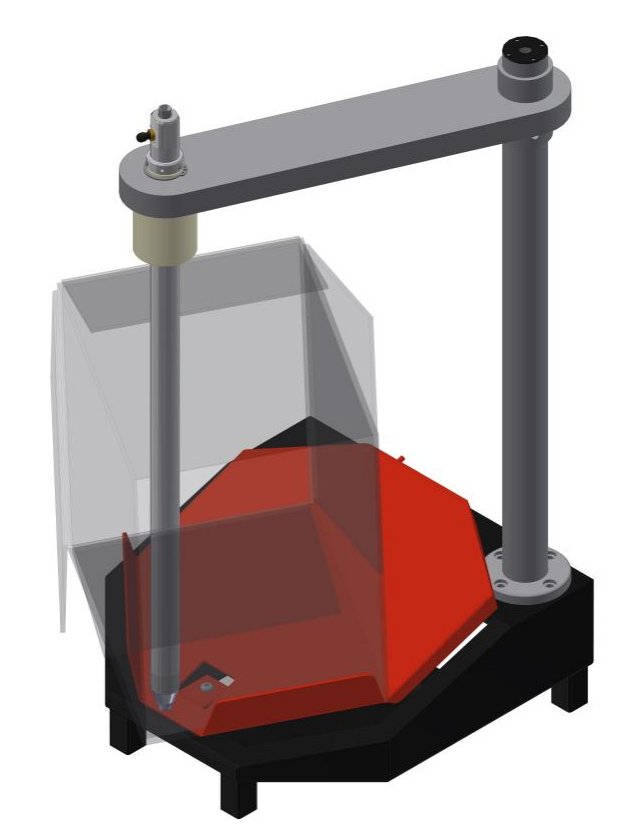Content Menu
● Understanding Powder Sieves
>> What Is a Powder Sieve?
>> Applications of Powder Sieves
● Standard Powder Sieves: Features and Benefits
>> Characteristics of Standard Sieves
>> Advantages of Standard Powder Sieves
>> Limitations of Standard Sieves
● Custom Powder Sieves: Tailored Solutions
>> What Defines a Custom Sieve?
>> Benefits of Custom Powder Sieves
>> Drawbacks of Custom Sieves
● Comparing Custom and Standard Powder Sieves
● How to Choose Between Custom and Standard Sieves
>> Assess Your Powder Characteristics
>> Consider Your Production Requirements
>> Budget and Timeline
>> Operational Complexity
● Frequently Asked Questions About Powder Sieves
>> What industries benefit most from custom powder sieves?
>> Can standard powder sieves handle abrasive powders effectively?
>> How does mesh size affect powder sieving?
>> Are custom powder sieves more energy-efficient?
>> How long does it typically take to get a custom powder sieve delivered?
Powder sieving is a critical process in many industries, from pharmaceuticals to food production, chemicals, and metallurgy. The choice between custom and standard powder sieves can significantly influence the efficiency, quality, and cost-effectiveness of your operation. This article explores the differences between custom and standard powder sieves, their advantages and disadvantages, and helps you determine which type fits your needs better.

Understanding Powder Sieves
Before diving into the comparison, it's essential to understand what powder sieves are and why they matter.
What Is a Powder Sieve?
A powder sieve is a device used to separate fine particles from coarser ones, ensuring uniform particle size distribution in powder materials. Sieves can be simple mesh screens or sophisticated vibrating machines depending on the application.
Applications of Powder Sieves
Powder sieves are widely used in:
- Pharmaceutical manufacturing for consistent drug formulations.
- Food industry to ensure quality and safety.
- Chemical processing for product purity.
- Metal powder industry for particle size refinement.
Standard Powder Sieves: Features and Benefits
Standard powder sieves are off-the-shelf products designed for general-purpose sieving needs. Let's examine their features.
Characteristics of Standard Sieves
- Manufactured according to industry standards.
- Available in a range of mesh sizes and frame materials.
- Designed for common powder materials with typical flow properties.
- Usually made from stainless steel or other durable metals.
- Cost-effective and readily available.
Advantages of Standard Powder Sieves
- Cost Efficiency: Lower upfront cost compared to custom solutions.
- Quick Delivery: Ready availability reduces lead times.
- Simplicity: Straightforward use and maintenance.
- Versatility: Suitable for a broad range of applications.
Limitations of Standard Sieves
- Limited customization may not suit specific applications.
- May not fit specialized machinery or production lines.
- Less optimized for unique powder characteristics such as moisture content or abrasive particles.
- May require additional modifications or accessories.
Custom Powder Sieves: Tailored Solutions
Custom powder sieves are designed to meet the precise requirements of a particular application or material type.
What Defines a Custom Sieve?
- Designed and fabricated based on the customer's specifications.
- Adaptable mesh sizes, shapes, and materials.
- Integration with specific processing equipment.
- Designed for unique particle sizes or material behaviors.
- Often features advanced technologies like ultrasonic sieving or multi-deck configurations.
Benefits of Custom Powder Sieves
- Optimal Performance: Tailored to the exact needs of your powder material.
- Improved Efficiency: Better screening speeds and efficiency.
- Enhanced Powder Quality: Customized mesh sizes ensure ideal particle distribution.
- Compatibility: Designed to fit specific process lines or automated systems.
- Special Material Handling: Can handle sensitive, abrasive, or moisture-prone powders.
Drawbacks of Custom Sieves
- Higher initial costs.
- Longer lead times for design and manufacturing.
- Requires detailed consultation and specification.
Comparing Custom and Standard Powder Sieves
| Aspect | Standard Powder Sieves | Custom Powder Sieves |
| Cost | Lower upfront cost | Higher upfront investment |
| Lead Time | Readily available | Longer due to design and manufacturing |
| Performance | General suitability | Optimized for specific materials and processes |
| Flexibility | Limited customization | Fully customizable |
| Integration | Fits common machines | Designed for special machinery or automation |
| Maintenance | Easier due to standard parts | May require specialized servicing |
| Application Range | Broad, general applications | Narrow, specialized applications |
How to Choose Between Custom and Standard Sieves
Choosing the right sieve requires careful consideration of multiple factors.
Assess Your Powder Characteristics
- Particle size distribution
- Moisture content
- Flowability
- Abrasiveness
Consider Your Production Requirements
- Desired throughput
- Screening accuracy
- Compatibility with existing equipment
- Batch size and frequency
Budget and Timeline
- Evaluate initial investment vs. long-term benefits.
- Consider lead times and urgency of deployment.
Operational Complexity
- Are you equipped to maintain custom equipment?
- Need for upgrades or scalability.

Frequently Asked Questions About Powder Sieves
What industries benefit most from custom powder sieves?
Industries with highly specialized powders or strict quality standards—pharmaceuticals, advanced materials, and certain chemical sectors—benefit significantly from custom sieves.
Can standard powder sieves handle abrasive powders effectively?
Standard sieves may wear out faster when used with highly abrasive powders, necessitating more frequent maintenance or replacement.
How does mesh size affect powder sieving?
Mesh size determines the particle sizes allowed through the sieve, impacting the quality and consistency of the final product.
Are custom powder sieves more energy-efficient?
Tailored sieves often operate more efficiently because they are optimized for the specific powder and process, reducing energy consumption relative to standard sieves.
How long does it typically take to get a custom powder sieve delivered?
Depending on design requirements, lead times can range from several weeks to a few months, longer than standard sieve availability.
Hot Tags: China, Global, OEM, private label, manufacturers, factory, suppliers, manufacturing company










































 .
. 